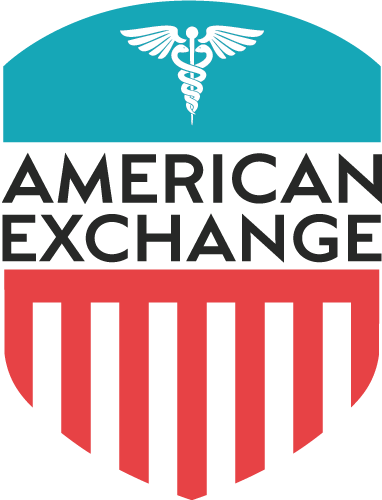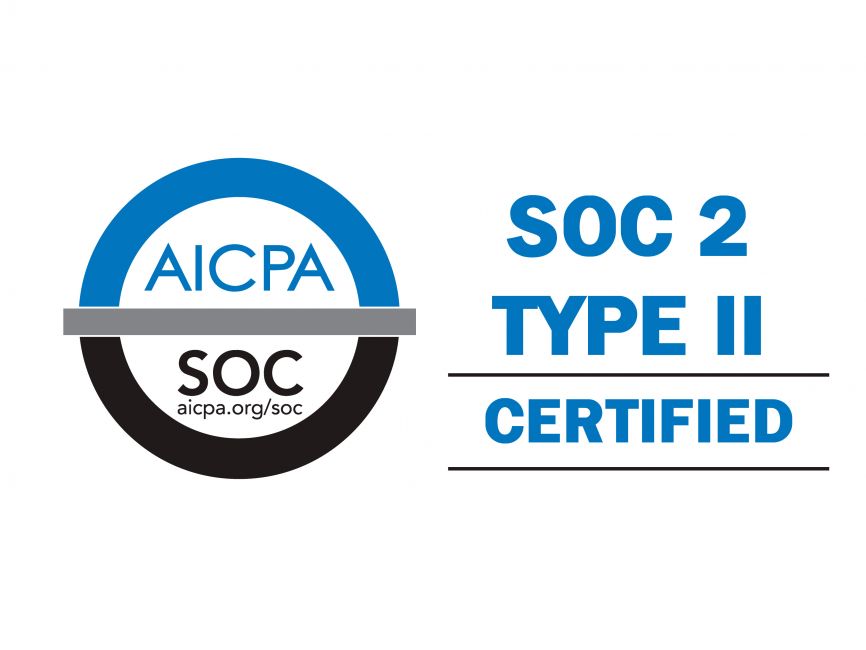The Trump administration is reportedly considering eliminating federal funding for domestic HIV prevention programs, a decision that could have significant and immediate consequences for public health efforts in the United States. According to multiple sources, this move could be announced within 24 hours. If implemented, it would result in the closure of the Centers for Disease Control and Prevention’s (CDC) HIV prevention division and the end of all federally funded HIV prevention initiatives.
Background on the Proposed Cuts
The Wall Street Journal first reported on this development, citing sources within the Department of Health and Human Services (HHS). Officials indicate that the potential decision is part of a broader restructuring of federal public health programs. HHS Deputy Press Secretary Emily Hilliard stated that the department is reviewing all divisions to identify areas where operations could be streamlined. However, she did not confirm whether HIV prevention funding would be eliminated or reallocated to other programs.
An additional HHS official told The Advocate that if the cuts go into effect, some of the CDC’s HIV prevention responsibilities may be moved elsewhere within the agency. However, no specifics have been provided about how or where these services would continue, leading to uncertainty among healthcare providers and advocacy groups.
Impact on Public Health and Community Services
The CDC currently provides funding for HIV prevention programs across the country, supporting community-based organizations, clinics, and public health departments that offer critical services such as:
- Free HIV and sexually transmitted infection (STI) testing
- Access to pre-exposure prophylaxis (PrEP), a medication that reduces the risk of HIV infection
- Educational initiatives aimed at reducing new infections
- Linkage to care and treatment for individuals who test positive for HIV
Without this federal funding, many organizations that rely on these grants may be forced to reduce or discontinue their services, particularly those that support uninsured and at-risk populations. The vast majority of individuals who seek care through these programs do not have alternative sources of coverage, raising concerns about a potential increase in new infections and barriers to treatment.
Concerns from Public Health Experts
Health professionals and advocates warn that eliminating HIV prevention funding could reverse progress made over the past two decades. The U.S. has seen significant declines in new HIV infections due in part to these federally funded programs. Experts argue that continued investment in prevention efforts is critical to maintaining these gains and preventing future outbreaks.
Adrian Shanker, former deputy assistant secretary for health policy under the Biden administration, stated, “We are so close in the United States to ending the HIV epidemic, and it takes continued investment—not pulling back from it.” He described the potential funding cut as “shocking and horrifying,” emphasizing that such a move would take the country backward rather than forward in its efforts to combat HIV.
Stacie Walls, CEO of the LGBT Life Center in Norfolk, Virginia, echoed these concerns, highlighting that her organization has spent 20 years developing HIV prevention and treatment programs that serve at-risk communities. She warned that eliminating these services would have long-term consequences not only for individuals living with HIV but also for broader public health outcomes.
American Exchange’s Role and Next Steps
At American Exchange, we understand the complexities of healthcare policy and how funding changes can impact individuals and organizations. As experts in healthcare access and benefits management, we are closely monitoring this situation and analyzing how these cuts could affect healthcare providers, public health organizations, and at-risk populations.
If your organization relies on federal HIV prevention funding or is concerned about how these potential cuts may impact your services, we encourage you to contact our team. We can discuss the possible implications and explore strategies for navigating these changes.
Further updates on the policy decision are expected in the coming days. American Exchange remains committed to ensuring that individuals and organizations continue to have access to the healthcare resources they need.
To discuss how this could affect your organization, contact us today.
Learn About Our Offerings
